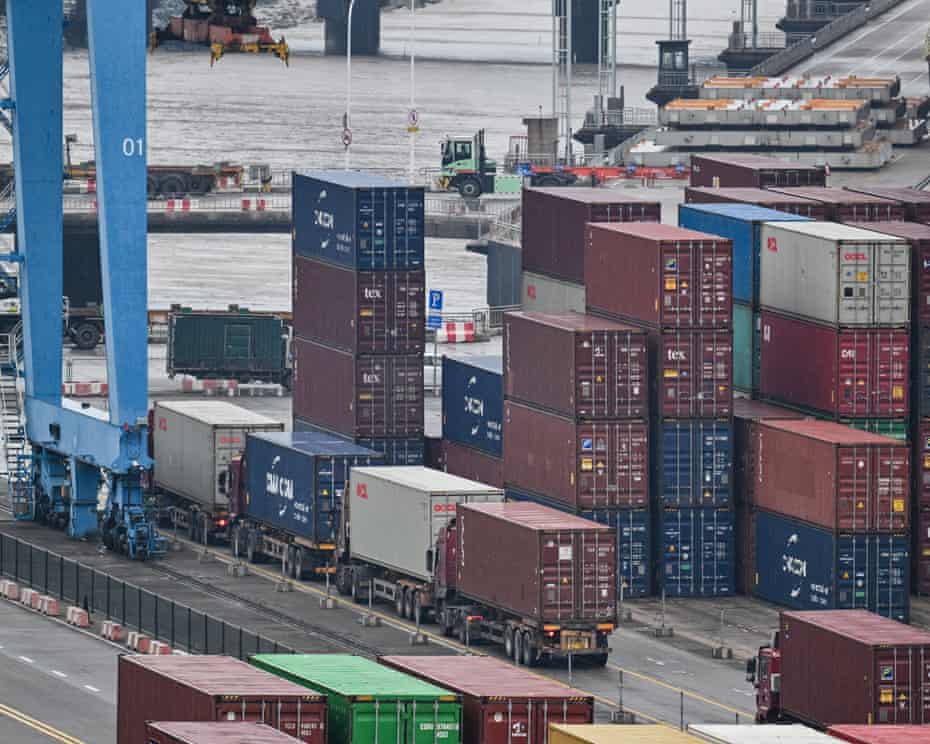Tensions between the United States and China flared again on Monday, as Beijing accused Washington of “seriously violating” the trade truce agreed in Zurich just weeks ago. The flare-up has sent shockwaves through global markets, rattling investors and reigniting fears of a prolonged trade war between the world’s two largest economies.
In a fiery statement, China’s commerce ministry condemned recent US actions, including new export restrictions on AI chips, curbs on chip design software, and visa revocations for Chinese students. The ministry accused the US of “unilaterally and repeatedly” provoking economic conflict, warning that China would take “forceful measures” to defend its interests.
“The U.S. government has unilaterally and repeatedly provoked new economic and trade frictions, exacerbating uncertainty and instability in bilateral economic and trade relations,” the statement read.
Beijing’s retaliation came just days after US President Donald Trump publicly accused China of “totally violating” the trade agreement, a comment that many interpreted as a signal of renewed escalation. In a characteristically blunt post last Friday, Trump said: “CHINA HAS TOTALLY VIOLATED ITS AGREEMENT WITH US,” igniting fresh concerns across financial markets.
The fallout was immediate. Asia-Pacific stock markets fell sharply, with Hong Kong’s Hang Seng index dropping 1.5%, Japan’s Topix down 0.9%, and China’s CSI 300 index slipping 0.5%. The US dollar also weakened, with the pound rising to $1.35 and the euro climbing to $1.138.
“This is getting increasingly difficult to track,” said Jim Reid, a market strategist at Deutsche Bank. “It’s hard to see past trade at the moment, especially with the court ruling last week throwing another wrench into the works.”
That ruling, from a US federal court, deemed Trump’s so-called “liberation day” tariffs illegal. However, a federal appeals court has since issued a temporary stay, allowing the tariffs to remain in place for now as the legal battle continues.
While some analysts believe the most aggressive phase of US trade policy may be behind us, few expect clarity anytime soon. As both powers dig in their heels, markets are bracing for a period of prolonged uncertainty.
“This isn’t just about tariffs anymore, it’s technology, it’s regulation, it’s visas, it’s diplomacy,” one analyst remarked. “The ripple effects are global, and no one is immune.”



